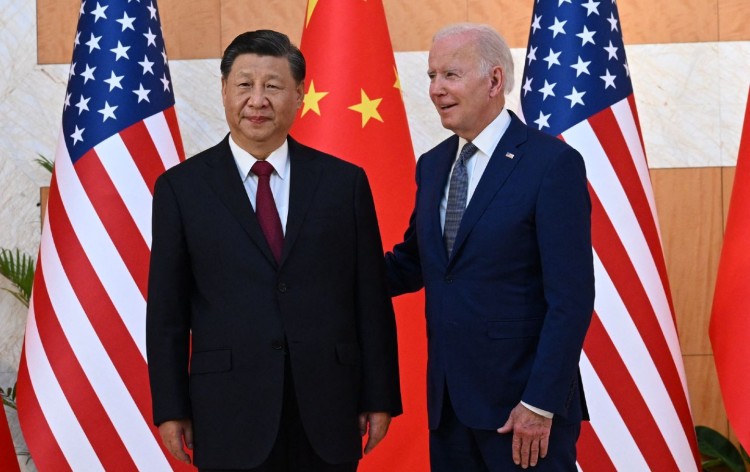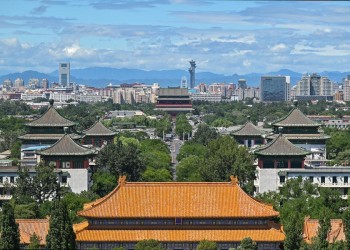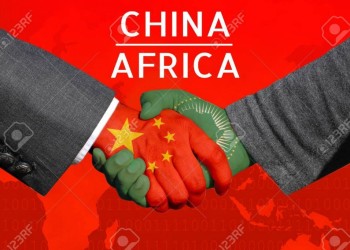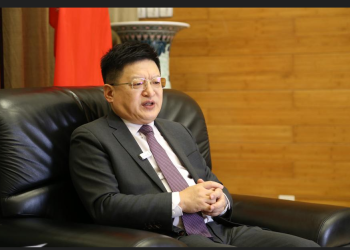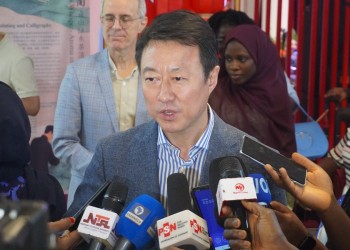China’s top diplomat will make a rare visit to Washington this week, the U.S. State Department has announced, in a move widely expected to lay the groundwork for a visit to the United States by Chinese leader Xi Jinping next month for talks with President Joe Biden.
Foreign Minister Wang Yi will be the highest-ranking Chinese official to travel to Washington in about five years when he visits the U.S. capital for three days from Thursday.
Wang, who also serves in a higher-ranking position as director of the Chinese Communist Party’s foreign affairs commission, will meet with U.S. Secretary of State Antony Blinken “to discuss a range of bilateral, regional, and global issues as part of ongoing efforts to responsibly manage the U.S.-China relationship and to maintain open channels of communication,” the State Department said.
The visit comes as the strategic rivals’ leaders look to hold their first in-person talks since last November. Earlier this month, Biden highlighted the “possibility” of a meeting with Xi on the sidelines of the Asia Pacific Economic Cooperation (APEC) summit in San Francisco from Nov. 16-17, though U.S. officials say China has not yet agreed to the plans.
Still, officials have said that the odds of a summit happening are “pretty firm.”
The White House has attempted to resuscitate moribund ties with Beijing since the summer by sending a spate of Cabinet-level officials to China. U.S. Secretary of State Antony Blinken visited Beijing in June, followed by trips by Treasury and Commerce secretaries Janet Yellen and Gina Raimondo as well as climate envoy John Kerry. Last month, U.S. national security adviser Jake Sullivan also held two days of intense talks with Wang in Malta.
During his June visit, Blinken held talks with China’s top leadership, including Xi — and Wang will be expecting a similar meeting with Biden.
News of Wang’s visit could represent a thaw in Sino-U.S. relations. Other signs of warming ties include announcements that a bilateral economic working group held its first meeting on Monday and that the Pentagon will send a delegation to attend a key Chinese regional security dialogue later this month.
However, the economic and military powerhouses continue to face a serious divide over a range of issues, including semiconductor export controls, Taiwan and the South China Sea.
In particular, Manila and Beijing’s increasingly tense row over their claims to the disputed South China Sea will be high on the agenda for the U.S., which has a mutual defense pact with the Philippines.
The U.S. side is also planning to raise the subject of the ongoing conflict in Ukraine, though the eruption of war between Israel and Hamas could take top precedence. Washington has strongly supported Israel, while Beijing has called for a cease-fire. The U.S. could ask China to do more to help end that war.





























